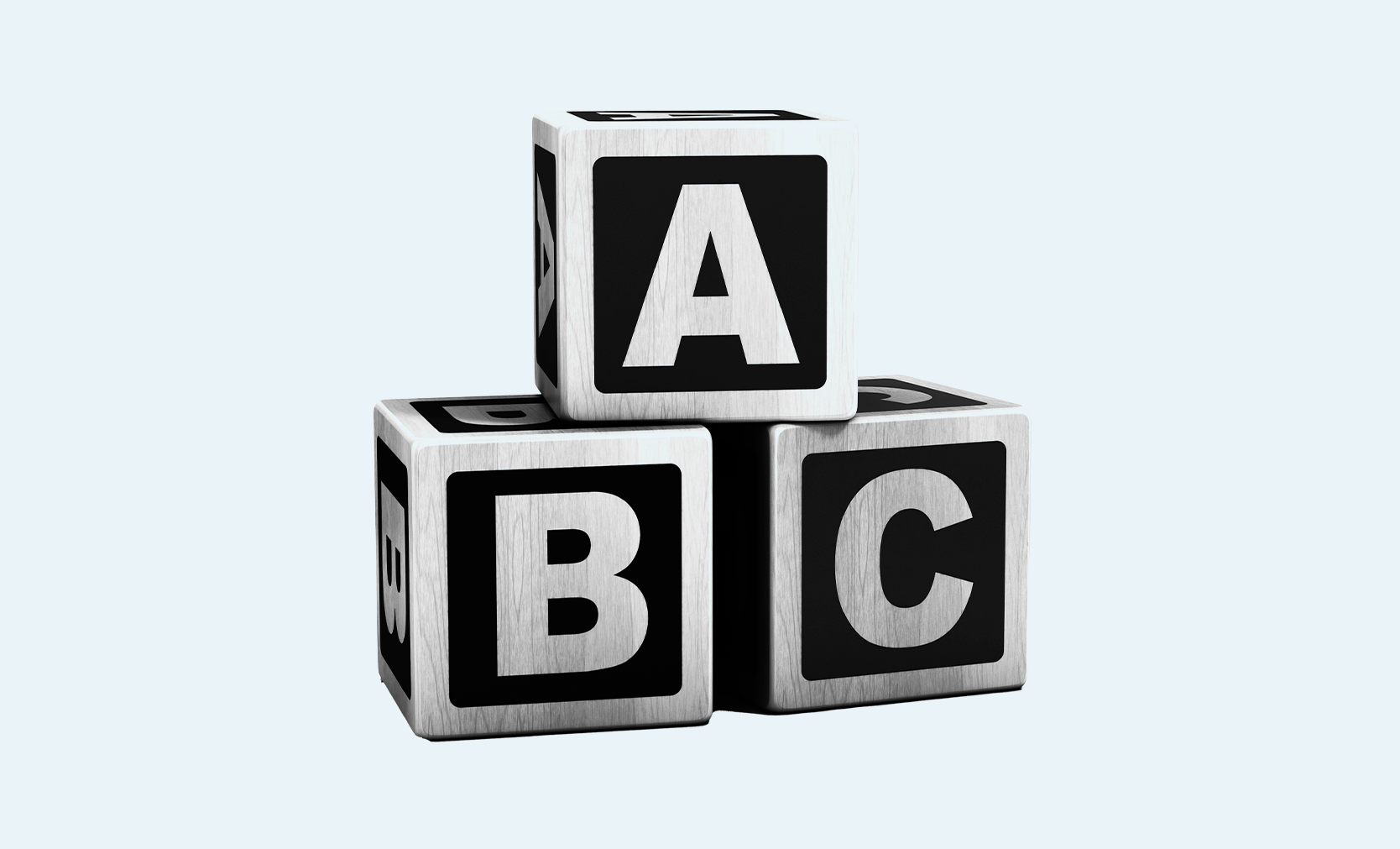WUR has risen one place in the leading global university rankings published by Times Higher Education magazine. WUR has climbed from 67th to 66th place, making it the third highest-ranked Dutch university behind Delft and the University of Amsterdam.
Of the twelve Dutch universities, eight dropped in the rankings and Rotterdam remained in the same position. In addition to WUR, Maastricht and Leiden also rose slightly. So that’s good news for WUR. But behind those figures lies a mixed message. This becomes clear when you look at the sub-areas on which the THE ranking scores the thousands of universities around the world.
Decline
This shows that education at WUR has been on the rise for years. Since 2018, the rating has risen by twelve points to a total of 58.6 out of a maximum of 100 points. However, this steady growth is offset by an equally steady decline of seven points in the quality of research.

The quality of education at WUR follows THE
According to THE, research is back at the level it was ten years ago. That is still respectable, however: WUR scores 90.4 out of a maximum of 100 points. There are no major shifts in the other aspects assessed. The conclusion is therefore obvious: the improved education at WUR compensates for the declining performance in the scientific field.

The quality of research at WUR according to THE
According to THE, the quality of research at Dutch universities is declining. Publications are generally cited less often. Last year, eight of the twelve Dutch universities lost ground. The year before, there were seven. The editors expect this trend to continue in the coming years due to budget cuts.
Life sciences
Despite this trend, WUR continues to perform well in the field of life sciences, which includes biological sciences and agricultural sciences. Together with the University of Pennsylvania, Wageningen ranks 16th in this field. That is three places higher than last year. Ten years ago, WUR also ranked 16th.
Translated using DeepL.

 Photo Resource
Photo Resource 

